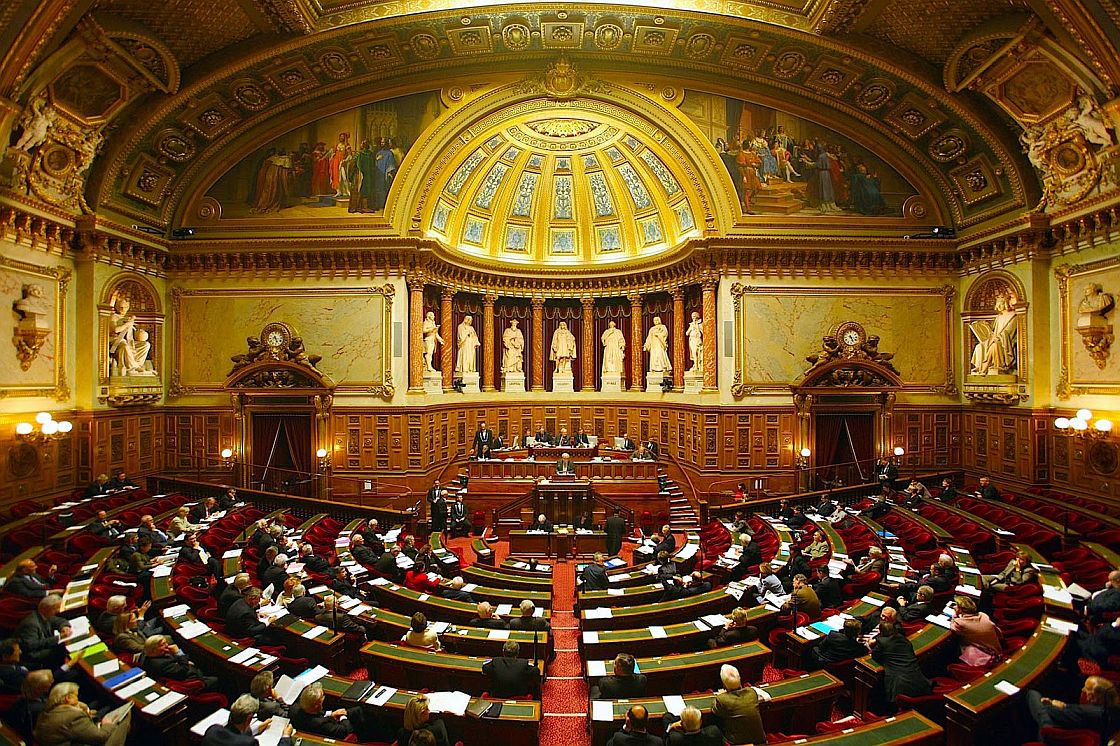
France Considers Legal Framework for Web3 Technology in Gaming
September 21, 2023
France is known for its strict regulations on online casinos, but lawmakers are now discussing the possibility of creating a legal framework for games based on Web3 technology. This move comes as legislators seek to regulate and control the rapidly evolving digital gaming landscape.
The proposed bill, known as the SREN bill, was approved by the Senate in July. It aims to define a new framework for Web3 games, which are games that utilize digital assets such as non-fungible tokens (NFTs) and take advantage of the decentralized nature of Web3 technology.
One aspect of the bill focuses on NFT provider Sorare and similar platforms for exchanging digital trading cards. The proposed framework seeks to control the operations of these platforms and impose limitations on their capabilities.
Interestingly, some experts see this framework as a potential loophole for legal Web3 gambling. By offering NFT winnings, companies could technically offer gambling services without falling under France’s current restrictions on online casinos.
The SREN bill has sparked considerable debate among politicians, with various political parties introducing their own amendments to the legislation. One of the main points of contention is the regulation of NFTs. Critics argue that the bill’s language would allow for the creation of online casinos that use NFTs as payouts, which goes against France’s current stance on online gambling.
Opponents of the bill, including some land-based casino operators, also express concerns about the potential for money laundering and the protection of minors. To address these concerns, lawmakers have introduced updated language to the bill that enforces gambling controls and grants oversight to the National Gaming Authority (ANJ).
The casino industry has been particularly vocal about their opposition to the bill. Under current French law, only land-based licensed casinos are allowed to operate in the digital space. However, most of these casinos choose not to, fearing that it would cannibalize their revenue streams from physical properties.
When discussions on the SREN bill resumed, casino operators were surprised to find that they were not invited to participate in the process. Industry trade groups, such as Casinos de France and the Association of French Independent Casinos, criticized the government for this oversight. They argue that the bill’s provisions could potentially open the door for illegal online casinos to flourish even more, as the illegal online gambling segment in France is already worth €1.6 billion.
In contrast, legal land-based casinos contribute significantly to the economy, generating nearly €400 million in revenue for communities and providing €1.5 billion in tax revenue for the country each year.
The SREN bill will face further scrutiny in October when it reaches the National Assembly. In the meantime, casino owners will likely intensify their efforts to lobby lawmakers and express their frustration at not being included in the discussions.
The outcome of this bill will have significant implications for the future of online gambling in France and the integration of Web3 technology in the gaming industry. As legislators navigate the complexities of regulating a rapidly evolving digital landscape, finding a balance between consumer protection, revenue generation, and technological innovation will be key.






